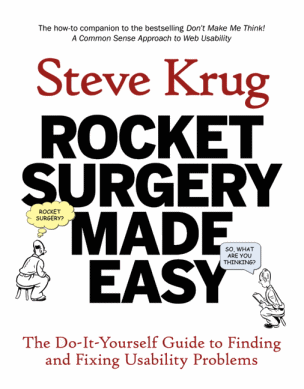
css
What’s Wrong With CSS
We’re currently in the midst of a CSS Zen Garden type exercise on our family of Q&A websites, which I affectionately refer to as “the Trilogy”: * Server Fault * Super User * Stack Overflow * Meta Stack Overflow (In case you were wondering, yes, meta is the Star Wars Holiday







